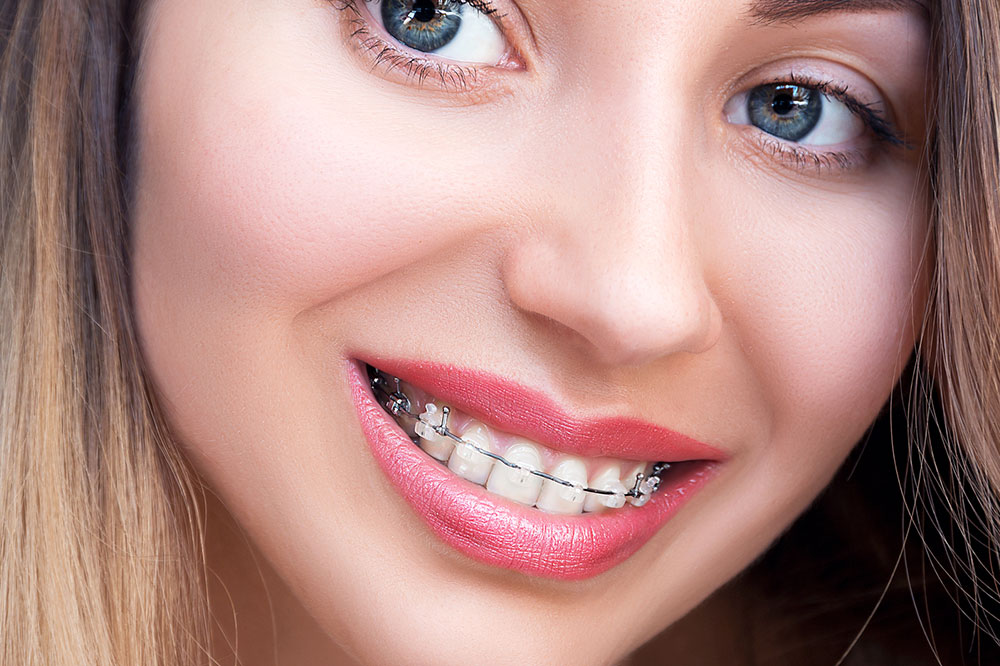5 things you should know before you get braces
Teeth braces are a means to correct the alignment and bite of teeth. However, despite their widespread use, not all are aware of how beneficial they can be, and how to care for them. Keeping this in mind, we have put together a list of some things that you need to know before getting braces:
It’s not just about the perfect smile
Many people think that getting braces is just about getting that perfect smile.

You need to get your teeth cleaned
Another thing that you need to know and do before getting braces is thoroughly cleaning your teeth. All dental work and cleaning need to be done before the braces are placed on your teeth. Some also get rid of their wisdom teeth to prevent them from interfering with the braces.
Fitting braces can be painful
We’re saying it like it is—getting teeth braces can be painful. It takes up to two hours to complete. Since the process can be discomforting, it is best to take the day off, stay in, and relax on the day you get your braces.
The first few weeks may be hard
You will probably feel uncomfortable for the first couple of weeks after getting braces. Dental braces take some time to get used to. Fortunately, most people adjust to braces rather quickly. It is also important to note that braces need to be adjusted once every 15 to 20 days.
Dietary changes will accompany the process
Once you have braces, it is necessary to change your diet by eliminating or limiting certain kinds of foods. This includes sticky foods, such as gummy bears, chewing gum, and even caramel, among other sweet foods. Foods that are hard to chew should also be avoided. Why? For starters, it can damage your braces. Secondly, it can be difficult to clean food residue that is stuck to the teeth. If left unremoved, this can also lead to bad breath and decay.



